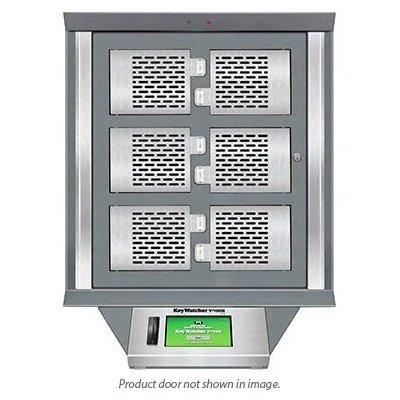Use of CCTV equipment in machine vision applications is not only growing but has become remarkably diverse. The trend has been underlined by use of fixed focal length lenses from Rainbow in machinery for grading asparagus.
The grading units are in operation in ten countries with notable US applications at Gonzales and Castroville in northern California. Asparagus growers using the equipment in England include farmers near Statford-upon-Avon, Midhurst in West Sussex and Lincolnshire.
The asparagus-grading units are manufactured by Oraka Graders Ltd, a New Zealand company that had its beginnings as a small family operation. Oraka's systems have been under continuous improvement for 25 years and the company has been using Rainbow lenses for a decade.
The lenses fitted to the graders include 2/3 inch 16mm units, which have a manual iris of F1.4~close and operate at a minimum object distance of 0.4m (from front vertex.)
These robust lenses weigh 2.1 oz. Angular field of view (with a 2/3" camera) is 30.7° x 23.3°.
Mr Bob Fox, General Manager of Rainbow, said: "Rainbow equipment has been used to monitor everything from warthogs in Milwaukee Zoo to thoroughbred racehorses in Warwickshire [England], but grading spears of asparagus must be a first."
He continued: "The projects described here show how judicious use of optical components can allow machine vision applications to automate analysis of the size, colour, shape and surface features of objects consistently and at speed."
In this case up to 12 spears of asparagus can be assessed every second. Factors for grading include diameter, bunch weight and maturity. The main advantages of the machines are accuracy and consistency in addition to the obvious labour savings. Oraka are currently researching applications to cover carrots, sweetcorn, pineapples and bakery products.
















